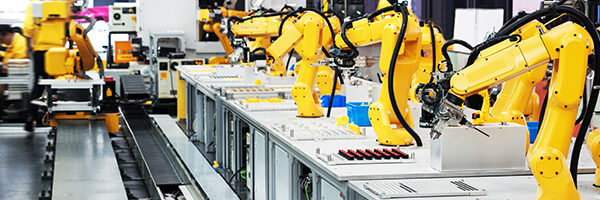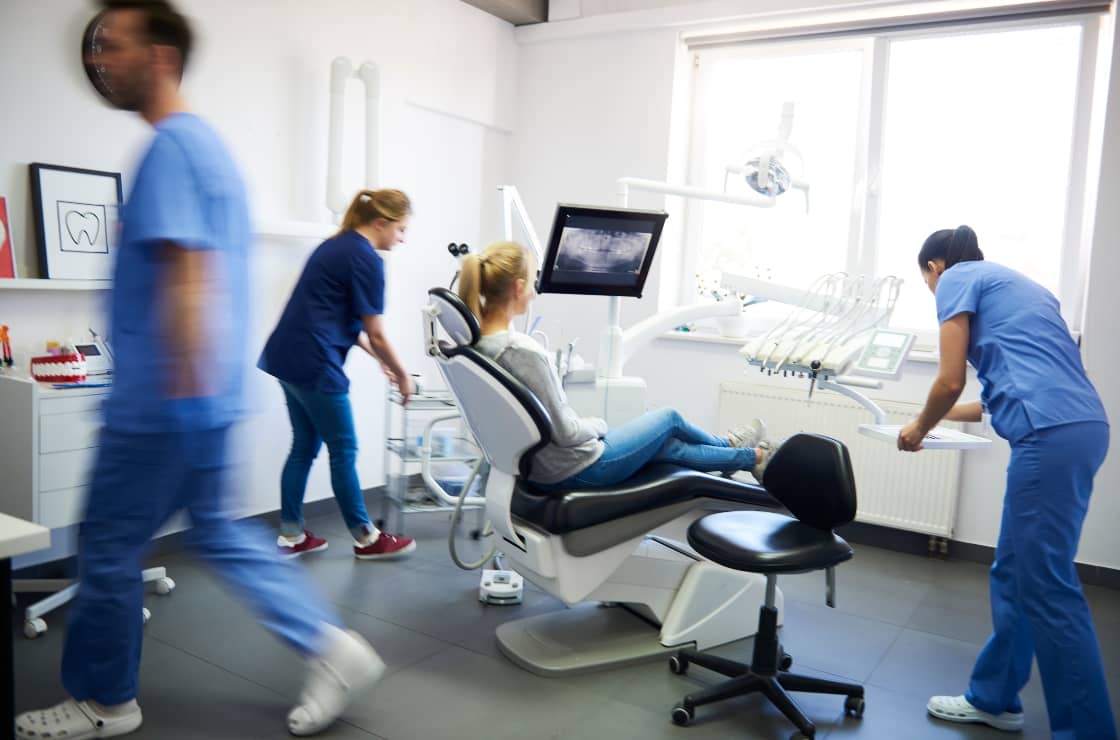How Would a Robotics Tax Affect Manufacturing Businesses?

- To what extent should a given manufacturing workforce be automated, and
- Could the job losses associated with increased use of robotics spur governments to implement “robot taxes”?

- Belief, Maximizer, Adaptability, Learner, Input
Jim Honz
Jim Honz, Tax Consultant and Former Shareholder, built his career developing specialized expertise in tax advisory and business entity structuring. Known for his strategic approach and depth of knowledge, he has helped businesses navigate complex tax regulations and achieve their financial goals.
Throughout his career, Jim has focused on creating tailored tax strategies for clients, particularly in the agribusiness and manufacturing industry. His expertise extends to LIFO inventory methods, tax-exempt organizations, and export tax incentives (IC-DISC), where he has helped clients maximize savings and improve profitability.
While Jim has transitioned from his role as Tax & Consulting Shareholder, he continues to share his expertise with Lutz clients on a limited basis. He is available for scheduled consultations and can be reached via email for specialized tax planning needs, particularly during peak seasons.
Recent News & Insights
Recruiting medical talent? Know the Tax Implications of Modern Compensation Packages
How Stay Interviews Help Retain High Performers
The Importance of Hiring an M&A Team
Treasury Management: Strategies to Improve Financial Stability & Growth



.jpg?width=300&height=175&name=Mega%20Menu%20Image%20(1).jpg)
%20(1).jpg?width=300&height=175&name=Mega%20Menu%20Image%20(2)%20(1).jpg)
%20(1)-Mar-08-2024-09-27-14-7268-PM.jpg?width=300&height=175&name=Untitled%20design%20(6)%20(1)-Mar-08-2024-09-27-14-7268-PM.jpg)

%20(1)-Mar-08-2024-09-11-30-0067-PM.jpg?width=300&height=175&name=Untitled%20design%20(3)%20(1)-Mar-08-2024-09-11-30-0067-PM.jpg)
%20(1).jpg?width=300&height=175&name=Mega%20Menu%20Image%20(3)%20(1).jpg)
%20(1).jpg?width=300&height=175&name=Mega%20Menu%20Image%20(4)%20(1).jpg)
%20(1).jpg?width=300&height=175&name=Mega%20Menu%20Image%20(5)%20(1).jpg)
-Mar-08-2024-08-50-35-9527-PM.png?width=300&height=175&name=Untitled%20design%20(1)-Mar-08-2024-08-50-35-9527-PM.png)


.jpg)




